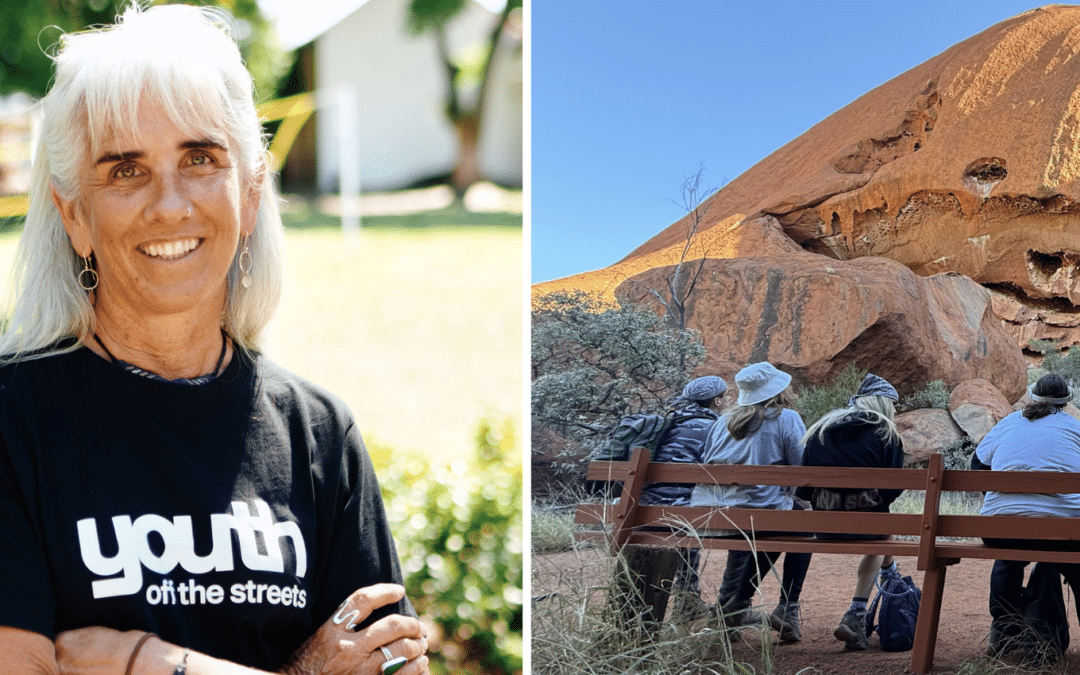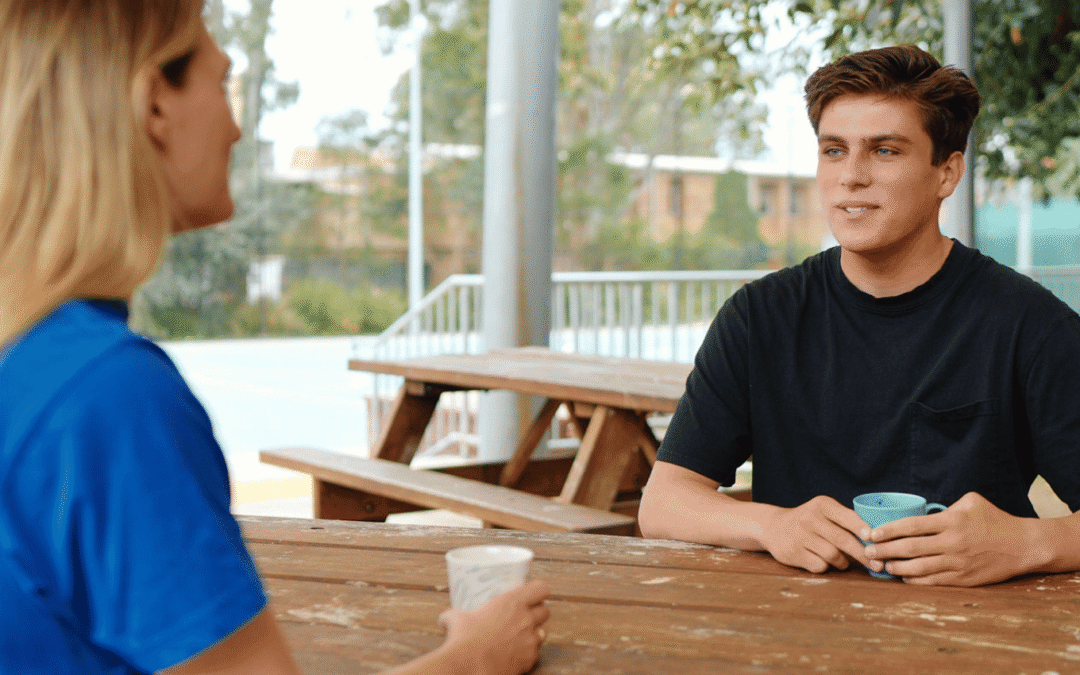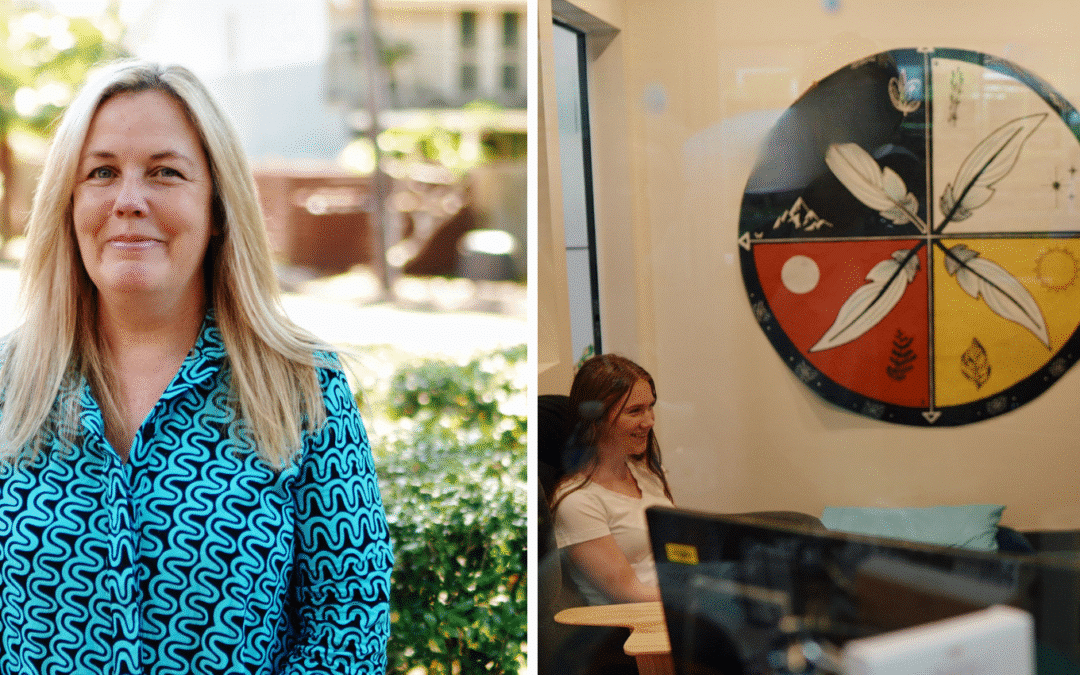In the past two years, almost one hundred young people have benefited from the mental health, wellbeing and support services offered at Key College in Merrylands.
Though each young person’s story is different, they face common challenges to their wellbeing.
“Among the biggest challenges threatening their emotional wellbeing are unstable environments and a lack of supportive adult role models,” says Christina Raj, Key College’s psychologist. In collaboration with the school’s counsellor and teaching staff, and through the generous support of Merrylands RSL, Christina aims to provide students with the stability and support that are fundamental to wellbeing.
“The success of our wellbeing services relies on close collaboration with teaching staff, who provide advice, support emergency referrals and share insights into student wellbeing, learning difficulties and classroom adjustments,” Christina explains.
Youth Off The Streets wellbeing services
Each week, Christina provides students at Key College with one-to-one therapy. When they first engage with wellbeing support, students can be apprehensive or resistant, Christina explains.
 In addition to an on-site psychologist, Key College students have ready access to other wellbeing supports, including case workers and trauma-informed teaching staff.
In addition to an on-site psychologist, Key College students have ready access to other wellbeing supports, including case workers and trauma-informed teaching staff.
“When students first meet me in session, they may present as guarded,” she says. “They come experiencing elevated emotion dysregulation and share their negative experiences with previous counselling.”
“Many young people display signs of low self-esteem or low self-worth, giving up quickly on completing tasks,” Christina says. But over time in the programs, markers of improved wellbeing emerge.
“I feel calmer,” says one student. “I can manage my stress and anger better and have better social skills.”
“Following engagement, I have seen that young people may be more willing to share their story, have a bigger toolbox of coping strategies such as problem-solving and relaxation,” Christina adds. This in turn has a positive impact on school re-engagement. “They can increase their attendance, complete schoolwork, have a reduced amount of conflict with peers and engage in healthy social skills.”
Community ties
Motivated to provide holistic care to students, Christina also liaises with external facilitators and supports them to conduct their programs at school. These include Cumberland Multicultural Services, which runs workshops on leadership and resilience and provides career support; Woodville Alliance, which facilitates a social development program; and the Youth Off The Streets-run Dunlea Alcohol and Other Drugs Youth Service, which facilitates a SMART (Self-Management and Recovery Training) Recovery peer-supported program.
“I’m proud of being able to bring external community organisations to connect with the young people. Building rapport and trust are so important,” says Christina. She explains that even if students don’t engage with these organisations now, building connections can benefit them in the future.
“Students have a familiar person from these organisations who they are able to trust and receive support from when they’re ready,” she concludes.



